Every industry has terms, rules, conditions, and rules of engagement required of everyone involved. The rights, obligations, expenses, and risks related to shipping and delivering goods in global commerce are defined by a set of rules known as Incoterms.
They provide a common language and framework for buyers and sellers to negotiate and agree upon the terms of their trade, making the process easier for all parties.
What Are Incoterms
Incoterms is short for International Commercial Terms. These are a set of 11 rules that define the responsibilities of everyone involved in a shipment throughout the shipping process.
They are universally recognised and guide buyers and sellers to fulfil a contract for the shipment of goods. Incoterms explain the point in the shipping process when the responsibilities for a shipment (such as risk, costs, and insurance) shift from the sender to the receiver.
The sender and receiver must agree on the Incoterms before shipping goods. This way, they will understand who precisely handles shipping costs. This lowers the risk of costly misunderstandings, such as the sender failing to ensure the goods or the receiver having to pay carrier fees upon delivery.
Typically, Shipping Incoterms are specified or included on the commercial invoice and are required for every shipment.
Incoterms are curated by the International Chamber of Commerce (ICC), which releases a new edition every ten years.
Incoterms 2020 and Their Meaning
Eleven (11) Incoterms are contained in Incoterms 2020, which remains influential to date, represented by three-letter codes:
| Code | Name | Mode of transport |
| EXW | Ex Works | All |
| FCA | Free Carrier | All |
| CPT | Carriage Paid To | All |
| CIP | Carriage and Insurance Paid to | All |
| DAP | Delivered At Place | All |
| DPU | Delivered at Place Unloaded | All |
| DDP | Delivered Duty Paid | All |
| FAS | Free Alongside Ship | Sea and waterway transport only |
| FOB | Free On Board | Sea and waterway transport only |
| CFR | Cost and Freight | Sea and waterway transport only |
| CIF | Cost, Insurance, and Freight | Sea and waterway transport only |
EXW – Ex Works
Under the EXW term, the seller ensures goods are available at its premises, while the buyer is responsible for all the costs, transportation, and risk.
The parties can also agree on alternative places like factories, offices, or warehouses, and the buyer gains ownership of the goods.
FCA – Free Carrier
The seller takes charge of delivering the goods to the buyer's nominated premises. He is also responsible for loading the stocks onto the buyer's transportation. The shipping, including export clearance, is on the seller.
CPT – Carriage Paid To
CPT specifies that the seller bears the transportation costs to the buyer's destination even though the risk was transferred to the buyer at the origin port.
The seller clears the items for export and delivers them to the carrier as instructed by the buyer. The seller handles the transportation costs associated with delivering goods.
CIP – Carriage and Insurance Paid To
CIP is similar to CPT. However, the difference is that aside from the cost of transportation, the seller is also responsible for the insurance of the goods in transit and pays for the transportation itself.
DAP – Delivered At Place
The seller delivers the items to a designated place but needs to handle unloading the goods. His responsibilities entail packing, export clearance, carriage expenses, and terminal costs. He is also responsible for the risk until the goods are ready to be unloaded.
This means the buyer is responsible for the entire costs, duties, and taxes associated with unloading goods. He is responsible for clearing customs to import the products.
DPU – Delivered at Place Unloaded
It used to be known as Delivered at Terminal (DAT) but was renamed because the buyer (or seller) may want to specify the final point of delivery rather than the terminal.
This is the same as DAT but includes unloading at the buyer's destination. This term is deployed for consolidated containers with multiple consignees.
DDP – Delivered Duty Paid
DDP means the seller bears the risks and costs of clearing and delivering items. The seller takes responsibility for clearing the goods through customs in the buyer's country and handling duties and taxes.
While this term places maximum obligations on the seller, it places minimum obligations on the buyer, as the buyer bears no risk or responsibility until the goods are at the final destination.
FAS – Free Alongside Ship
Here, the seller delivers the goods with the buyer's vessel at the named port, and the buyer assumes all costs and risks of loss or damage from that moment.
FOB – Free On Board
Here, the seller bears costs and risks until the goods are loaded onboard the designated vessel. Once the goods are on board, the risk is transferred to the buyer.
The seller's responsibility includes arranging export clearance, while the buyer pays the cost of marine freight, bill of lading fees, and insurance. The buyer is also responsible for local transportation costs from the port of arrival to the destination.
CFR – Cost and Freight
CFR incurs significant risk and responsibility for the seller paying for goods carriage up to the destination port. The risk is transferred to the buyer in the country of export, specifically when goods have been loaded onboard the ship.
CIF – Cost, Insurance & Freight
The seller clears the goods for export. The seller bears the freight cost and insurance to the designated destination port. Also, he is responsible for any damage to the ship's goods.
How to Use Incoterms Effectively
Implementing Incoterms isn’t just about choosing the right rule; it’s about weaving them into your workflows so every party knows exactly what to do.
1. Train Your Teams:
Begin Incoterms training from day one of onboarding. Cover the fundamentals with sales, logistics, finance, and legal alike. Refresh the team whenever the International Chamber of Commerce (ICC) issues a new edition.
Run role‑based workshops so sales sees how each term shapes pricing, operations masters documentation and bookings, and finance tracks cost shifts, duties, and risk exposure. Short quizzes and real‑world case studies cement the lessons.
2. Specify Version & Named Place Precisely:
Always cite “Incoterms 2020” in your contracts. Follow each three‑letter code with an exact delivery point—for example, “FCA SARA Warehouse, Lagos.” Avoid vague labels like “port” or “factory,” and include terminal names or quay numbers when multiple options exist. This level of detail prevents disputes over demurrage, unloading fees, and responsibility.
3. Audit Trade Compliance Regularly:
Set a quarterly audit cycle for all trade documents. Review sales contracts and shipping records to confirm that chosen Incoterms match the actual movement of goods.
Perform gap analyses across sea, air, and land to spot mismatches in cost allocations or insurance coverage. Assign clear owners to correct any non‑conformities and leverage trade‑compliance software to flag inconsistencies automatically.
4. Maintain Clear Communication with Partners:
Embed a standard Incoterms clause in every sales and purchase agreement. Discuss term choices early to avoid last‑minute surprises.
Before major shipments, hold quick calls or dashboard check‑ins to confirm risk transfer points, cost responsibilities, and insurance scope. After delivery, gather partner feedback and refine your Incoterm templates. Continuous dialogue keeps your shipments on track and your relationships strong.
Conclusion
Understanding these Incoterms can be difficult, especially for first-time shippers. Partner with a freight service company like SARA PROCUREMENT SERVICES LIMITED to simplify the process.
Need to chat about Incoterms as you get us on board? Visit our physical office space at 3 Fatai Irawo Street, Ajao Estate, Airport Road, Lagos, Nigeria, or any of our warehouse touch point locations worldwide to learn more about us and utilise our services.
Our 24/7 email correspondence is hello@chinatolagos.com. Contact us today.
We are equally social, and you can find us @SaraProcure on your favourite channels: Twitter, Threads, Facebook, and Instagram.
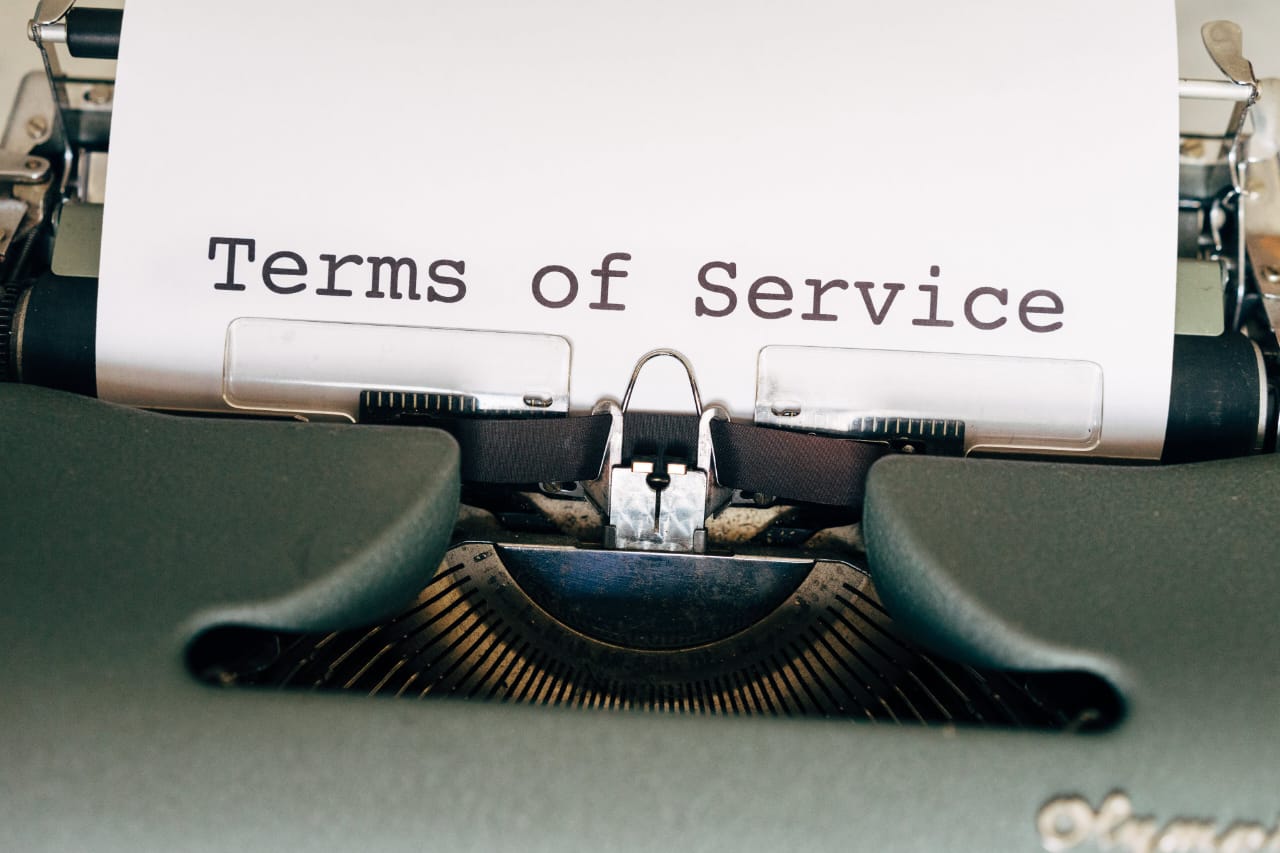

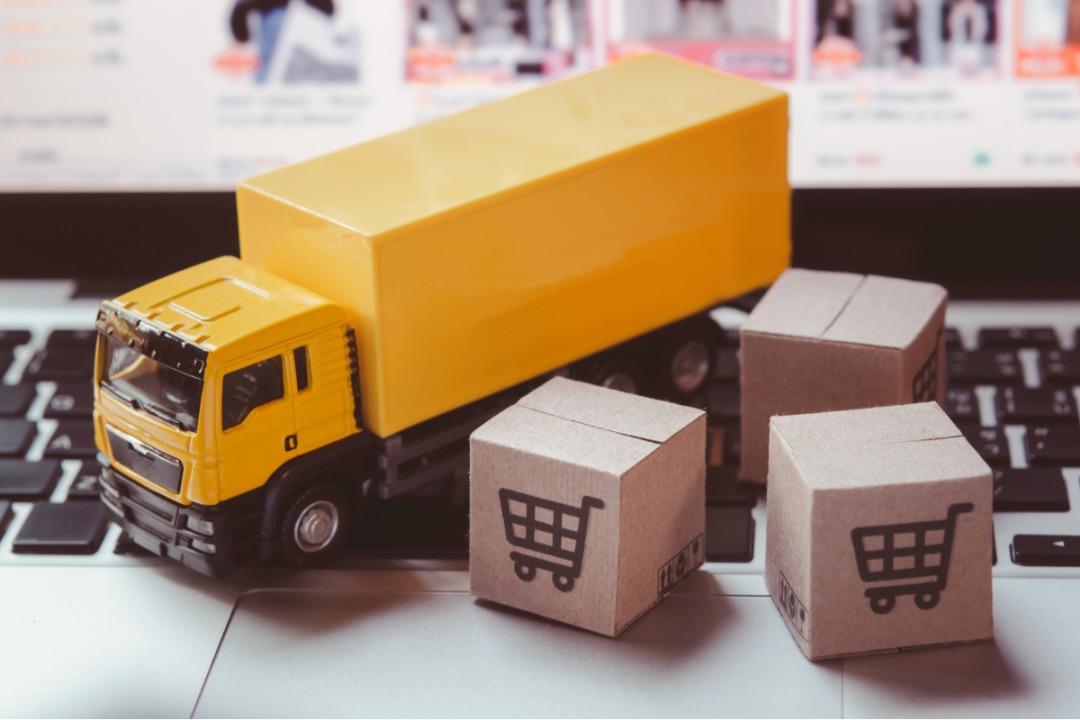
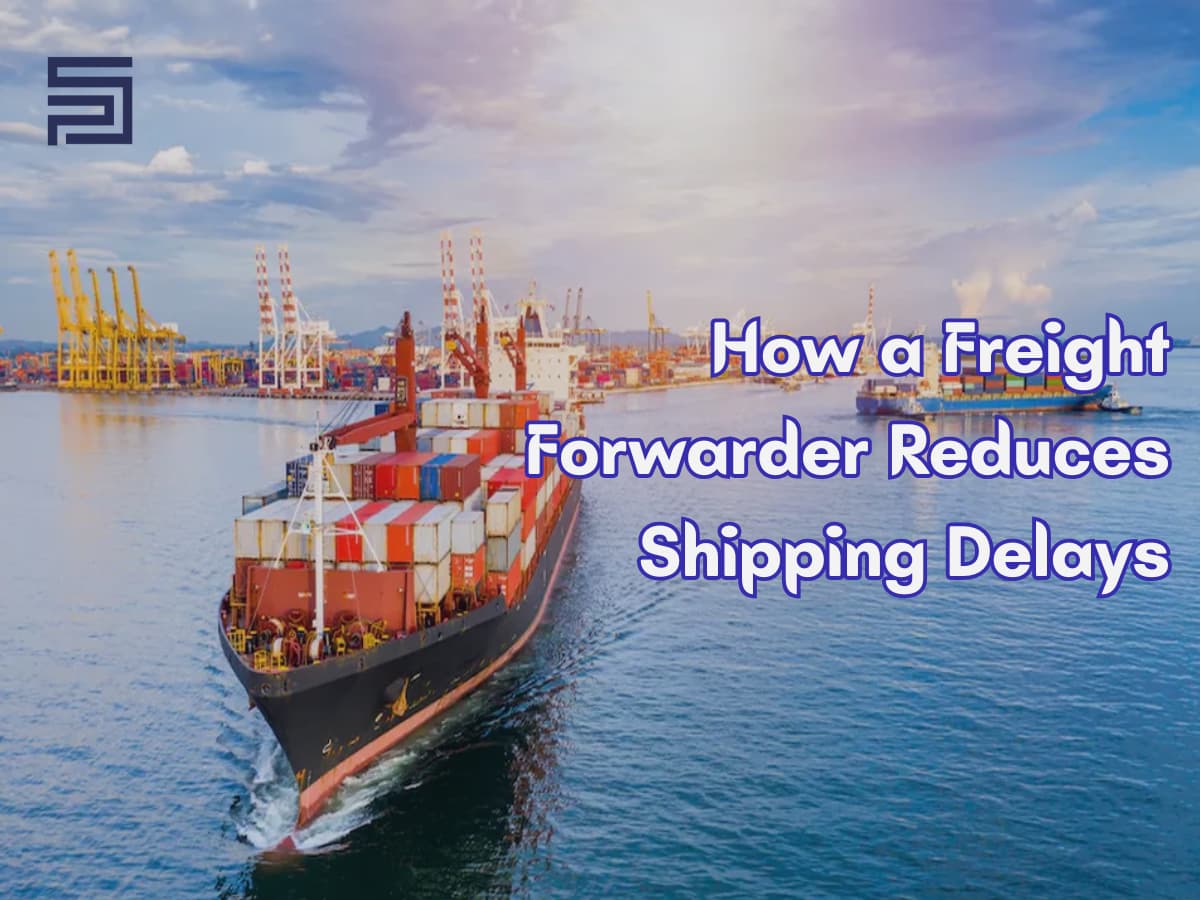
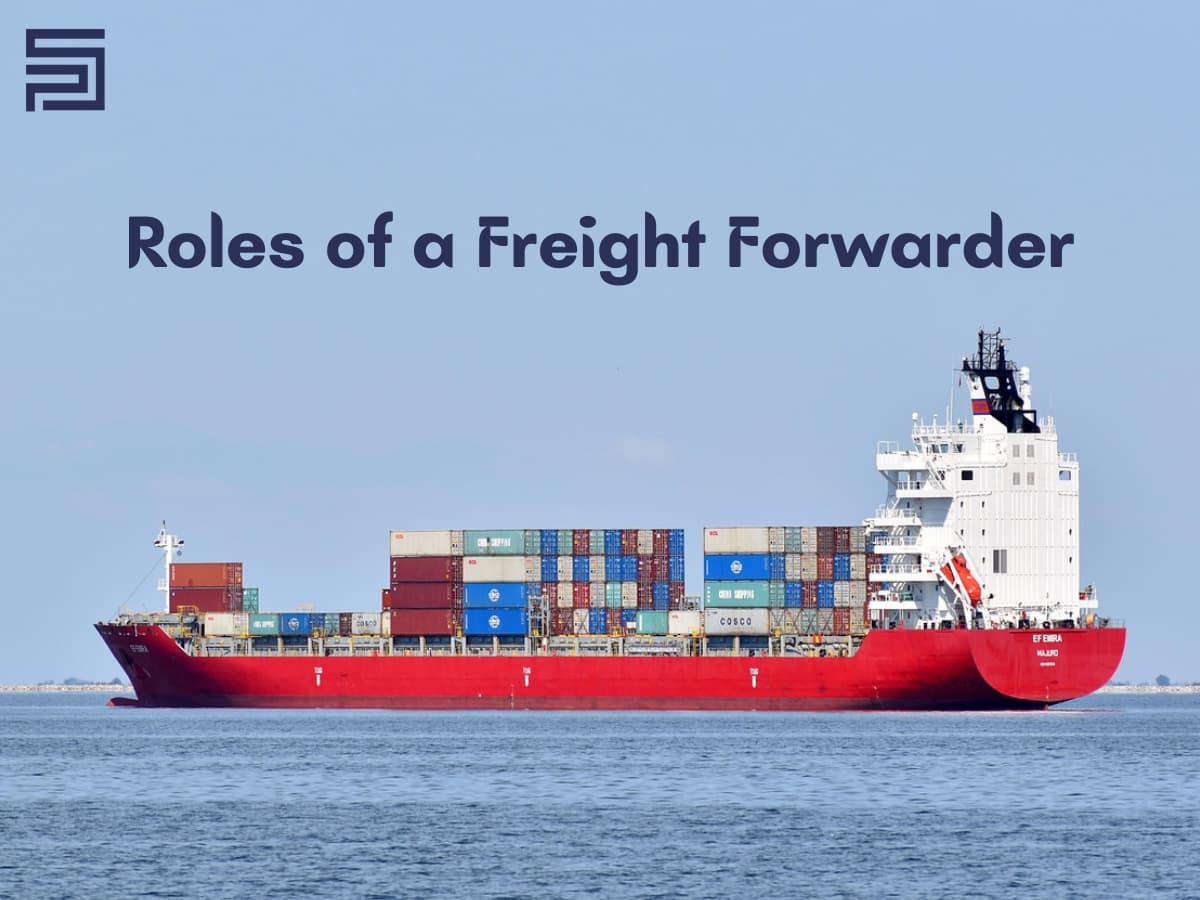
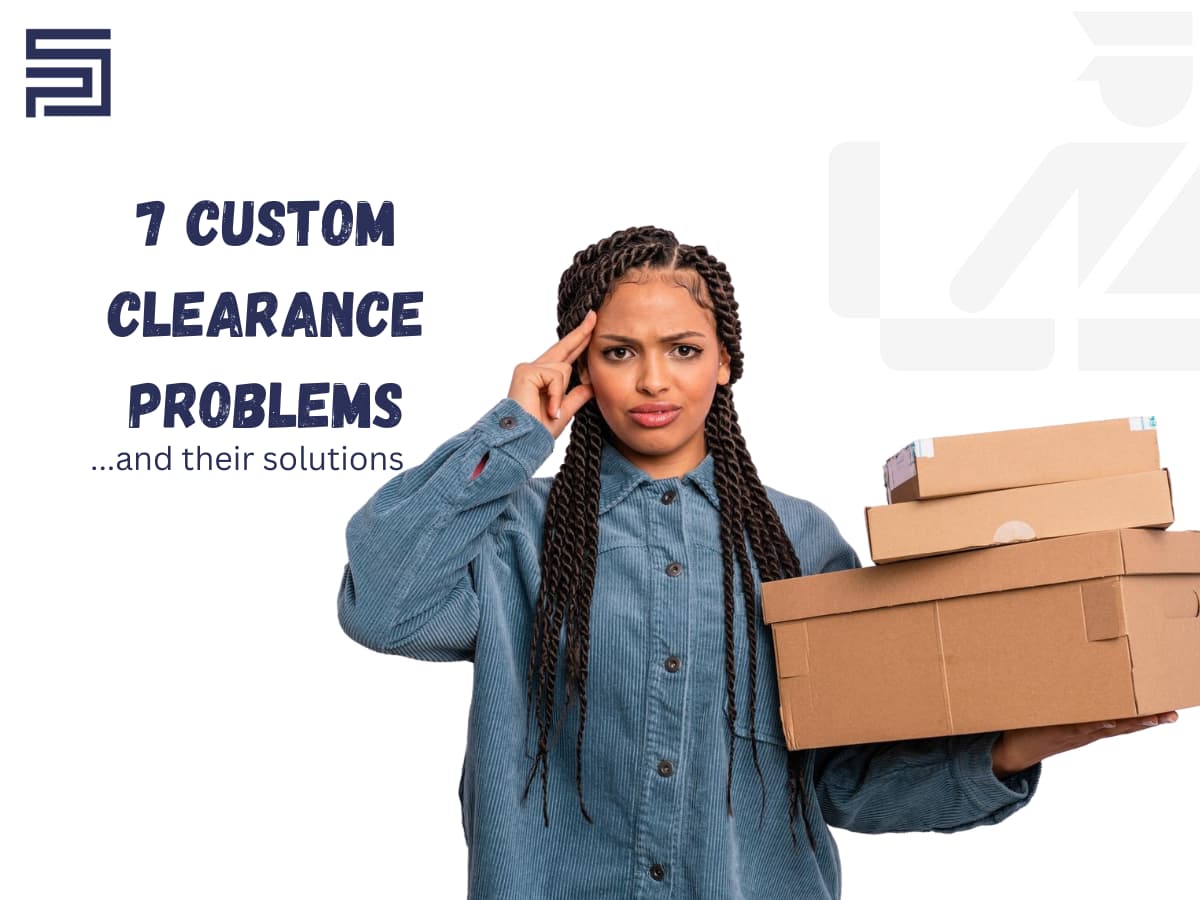
Comments
Please log in to leave a comment.